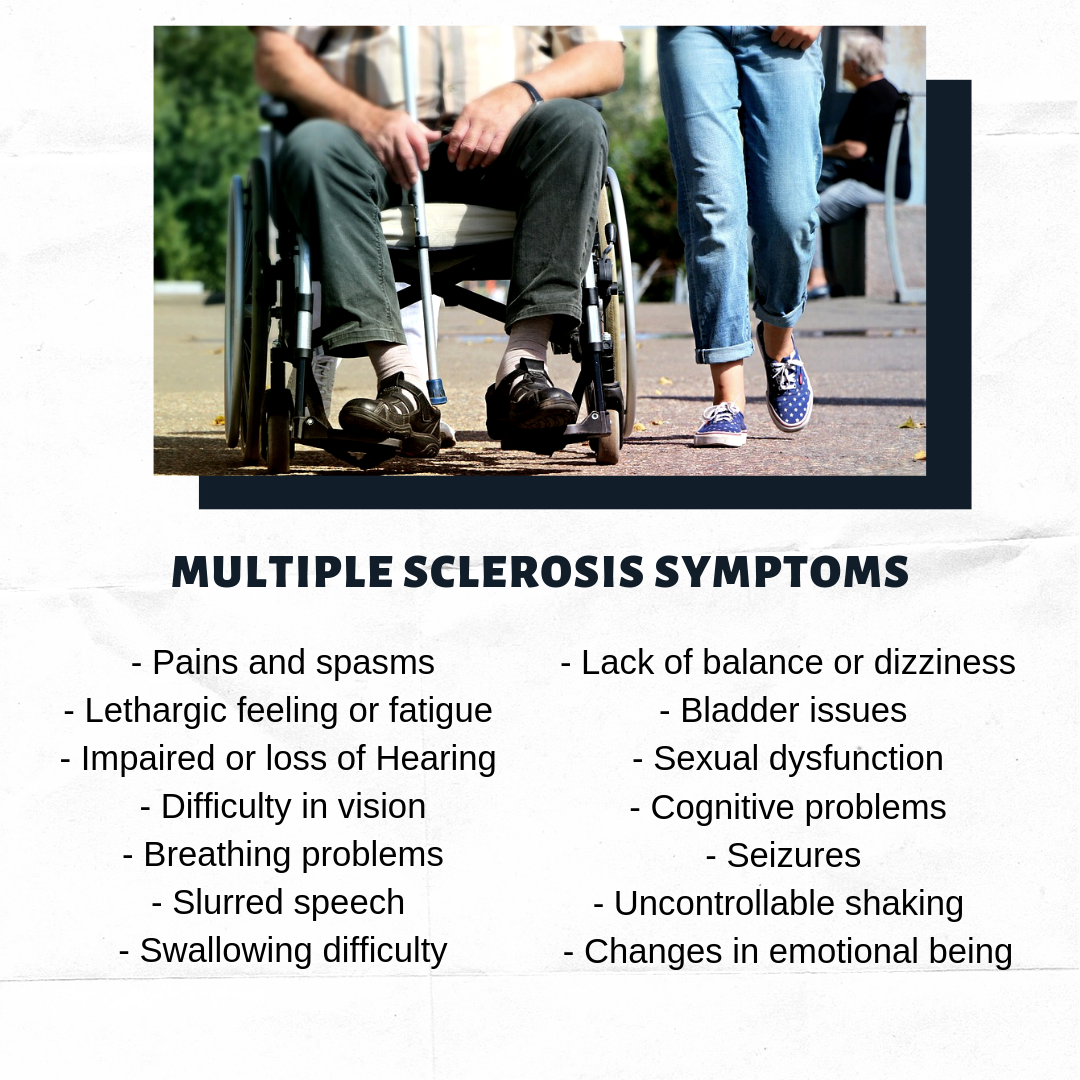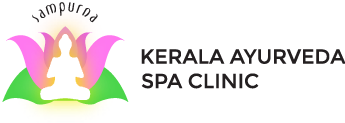
Treatment in Ayurveda
Multiple sclerosis (MS) is an inflammatory disease it affects the ability of nerve cells in the brain and spinal cord to communicate with each other. The five elements of nature are deemed present in all humans and notably grouped in 3 key doshas in Ayurveda – Vata, Pitta and Kapha
Vata is composed of Space and Air,
Pitta of Fire and Water, and
Kapha of Earth and Water moving.
Multiple Sclerosis is a pathology that involves two doshas – Pitta and Kapha.
Pitta as the manager of heat in the body attacks the nerve sheaths (Majjadhatu) that are controlled by Kapha. This disease is usually classified as Kapha Roga because the dhatu(tissue) under kapha control is being damaged and ceases to function correctly.
Herbal therapies
Herbal treatments should be given by a qualified person. It is most important in to eliminate stools regularly. Daily elimination is extremely important in the treatment of MS, Shodhana Therapies assist in clearing the system.
Ayurveda also aims to boost the immune system of the body in order to cease the process of demyelination and counteract the degenerative condition.
Therapeutic Yoga practised by a master can assist at early stages, however breathing exercises are an invaluable addition daily routine.
On Diet
Refrain from:
– Coffee
– Colas or soft drinks (sweat carbonated beverages)
– Cigarettes (abrupt stopping can cause a relapse)
– Alcohol
– Eating between meals
– Sweets and chocolate (If you eat sweets eat them after the mid-day meal when they will do the less damage)
– Fermented foods,
– Acidic foods and
– Peanuts
Consume In moderation
– Black or green tea can be taken up to 200 ml per day, not more.
– Small amounts of red wine can be taken – not more than 200 ml per week.
Add to your intake
– Ginger tea plus digestive spices to increase Agni (digestive capacity)
– Spelt (grain)
– Whole Grains (wheat, etc.)
– Almonds
– Spirulina
– Chlorella
– Ghee
Develop a routine for eating, sleeping and working.
1. Wake Up Early in the Morning.
2. Clean the Face, Mouth, Teeth and Eyes.
3. Drink a glass of room temperature water.
4. Emptying your bowels and bladder.
5. Rub warm sesame oil over the head and body. A couple of drops of sesame oil in each nostril.
6. Regular exercise, especially yoga, improves circulation, strength, and endurance.
7. Do 10 minutes of breathing exercise – alternate nostril breathing is best, but watching the breath pass the entrance of the nostrils is good enough.
8. Bathing is cleansing and refreshing.
9. Dressing – Wearing clean clothes uplifts and brings beauty and virtue.
10. Have a hot drink (ginger tea, etc.)
11. Eat breakfast – warm food in small amounts if you are not hungry. Warm food in larger amounts if you are hungry.
12. Go to work or other daily activity.
13. Mid-day – stop and eat lunch. Eat warm food if possible. Avoid cold raw foods as the only lunch. Salads can be eaten after a warm meal. Take at least 30 to 60 minutes break at mid-day. This should be a main meal in your day.
14. Return to work or other daily activity.
15. Have a hot drink in the late afternoon – 4pm
16. Avoid sweets or candy bars.
17. Return home after work.
18. Eat the evening meal earlier rather than later. You need to have 3 hours of time to digest your dinner before going to sleep. Avoid dairy products at night. NO yogurt or creamy foods. Eat lighter than at mid-day. NO desert or snacks after eating.
19. sit 10 minutes and do the breathing exercise that you did in the morning.
20. Before sleep apply a little sesame oil to the bottom of your feet.
21. Cover them with socks and go to bed.
22. You should be in bed by 11pm.
Diet should be nourishing but simple. Eat enough that you are not hungry at 11pm but not too much that you feel heavy, a strict diet of no animal products and no stimulants.
